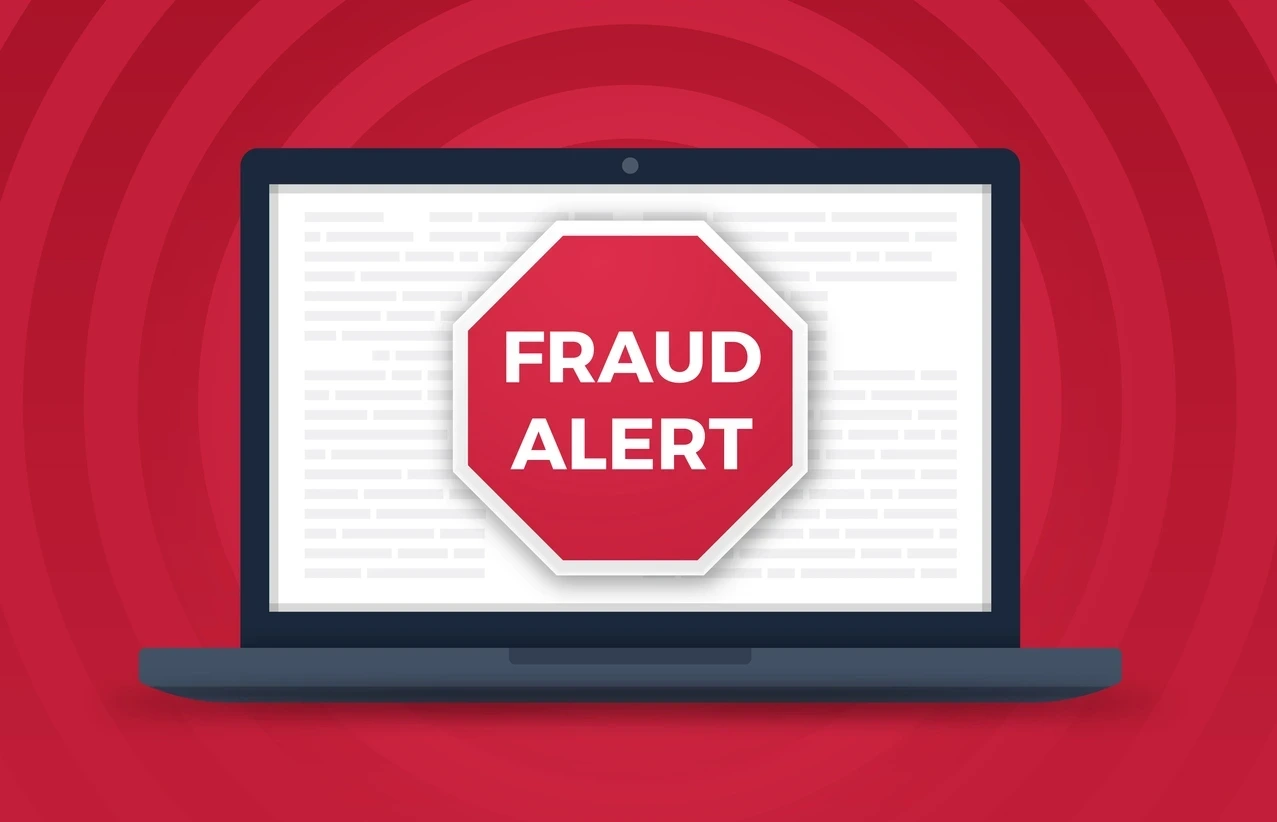As a business owner, you’ll have a lot to juggle on a daily basis – sales and marketing, quality assurance, bookkeeping, HR, tax compliance – and you probably barely have time to grab a coffee, let alone worry about the possibility of industrial fraud. Yet this type of crime is rapidly increasing.
According to a report from UK Finance, £1.17 billion was lost to fraud in 2023, and criminals are becoming ever more sophisticated in their methods. Small businesses, often without the cash to spend on combating fraud, or the appreciation of what could happen, can be an easy target. So however busy you are keeping your business afloat, protecting it from industrial fraud needs to be a top priority.
There are numerous ways in which criminals will try to extort money from a vulnerable business. These include ‘phishing’ – unsolicited messages and emails requesting a click-through. Most of us are wise to these attempts but it only takes a second’s lack of concentration to fall for the scam.

Another frequently tried method is when a fraudster impersonates a senior manager and tries to get junior team members to reveal business bank account details or make an ‘emergency’ payment. If your business involves selling online, stolen credit cards can be used to ‘pay’ for goods. Criminals are also using artificial intelligence, deepfake technology and advanced data harvesting techniques to annexe and empty bank accounts. A typical way to do this is by pretending to be a supplier to your business. The fake supplier rings to say they have changed bank accounts and gets someone to alter direct debit details. The first time anyone is aware of what has happened is when the genuine supplier gets in touch to ask where their money is.
Sadly, business owners need to look at possible threats internally as well as externally. Staff could siphon money off to a fake company, make false advertising claims or misleading environmental credentials, or award contracts to a business in which they have an interest. However, the majority of fraudulent occurrences involving employees are due to inattention or a lack of training on how to spot scammers.
All this is rather depressing reading which may leave you wondering whether criminals are constantly poised to pounce on your business. However, there are plenty of precautions you can take to protect yourself from industrial fraud:
- If a change to payment details is requested, always check back with the relevant company to ensure it’s genuine – preferably with a telephone call
- Always query any deals, transactions or documentation you are not 100% confident about
- Undertake regular anti-fraud training with your staff and encourage them to be vigilant
- Develop and instigate a fraud prevention strategy specific to your business
- Ensure your IT is secure and regularly backed up
- Have a crisis management plan in place to deal with breaches
- Always check your bank statements
- If you outsource your bookkeeping, make sure your provider is meticulous about fraud control
Obviously, we want to emphasise this last bullet point! There’s no point in protecting your business from fraud if you hand over your finances to a bookkeeper with fewer controls than you have.
At AMR Bookkeeping Solutions, we are rigorous about our own fraud prevention and our clients can rest assured we keep the closest possible eye on their cash flow. If a problem did become apparent within your business, we have the systems in place to pinpoint it immediately and take the necessary steps to help you deal with it efficiently.
If you’d like to discuss how to guard against bookkeeping and payroll fraud, why not call our friendly and helpful team? Contact us on 01892 559480 or check out our website.









